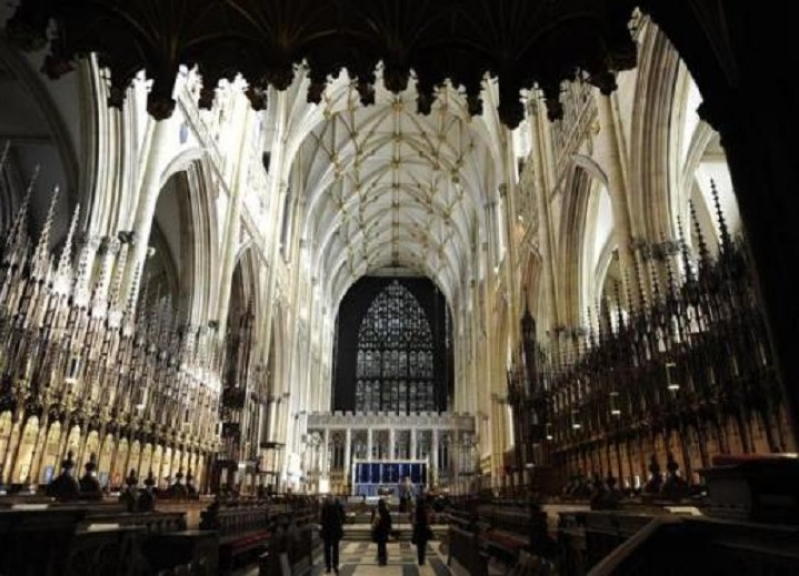
Anglicanism is now slightly growing after years of being in decline, a new report said.
An analysis from the British Social Attitudes Survey and the European Social Survey shows that the number of people who associate themselves as members of the Church of England has increased from 2009 to 2015, The Telegraph reported.
In 2009, only 16.3 percent said they were Church of England worshipers, while in 2015, that number increased to 17.1 percent. Likewise, the decline in the number of Anglicans in Britain appears to have been halted.
"The proportion of self-describing Anglicans in Britain has more than halved, from 40 per cent in 1983, down to 17 per cent in 2015," the report said. "That said, the past three years are worth highlighting. If talk of even a modest Anglican revival would be premature, one certainly can speak of a newfound stability."
Those who describe themselves as having no religion increased to 50.6 percent in 2009, but it has been decreasing since then, reaching 48.6 percent in 2015.
Stephen Bullivant, professor of theology and the sociology of religion at St. Mary's University in Twickenham, said the Anglican church is "recovering" after many members turned their back on their faith after the release of Richard Dawkins' atheist book, 'The God Delusion,' in 2006, The Telegraph reported.
Likewise, the increase in the number of "non-religious people" has slowed in recent years, according to Bullivant.
Dawkins' book introduced atheistic principles. While Bullivant admitted it caused people to stop identifying themselves as Anglicans and leave the church, he said the book only brought out those who claimed to be Anglican but were really not.
"That book was really aimed at those people who said they were Anglican but didn't really believe in God," he said. "So a lot of them stopped ticking Anglican on the forms and started to tick atheist instead."
As a result, genuine believers were left, and these were the ones who worked to attract people to Christ.
"After decades of bad news, this is certainly welcome for the Church of England," Bullivant said. "If I was in the Anglican Church I would be celebrating this."
However, he pointed out that the Anglican church is still losing members, as 61 percent of the religious nones grew up as Christians.
Another factor that could have contributed to the halting of religious decline is the resurgence of patriotism. For many British people, patriotism and pride in Christianity are strongly linked together.
"People see Christianity as an expression of Englishness," Bullivant explained. "There has been more rhetoric around Britain being a Christian nation."
"People are looking for ways to connect with others. I suspect a larger proportion of people who do say they are Anglican tend to be patriotic," he said.







